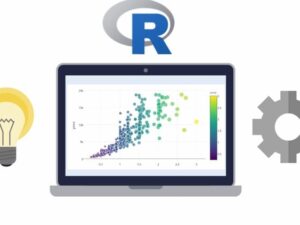MySQL, PHP, and Moodle Schema
Application level security schema in the Moodle system
- Description
- Curriculum
- FAQ
- Reviews

This class is all about querying the database: Writing MySQL queries from within the PHPMyAdmin web application, and writing PHP code to utilize functions within Moodle’s data manipulation API. Along the way we’re going to learn about 10 database tables in Moodle, centering around Moodle users, roles, capabilities and contexts.
How long do I have access to the course materials?
You can view and review the lecture materials indefinitely, like an on-demand channel.
Can I take my courses with me wherever I go?
Definitely! If you have an internet connection, courses on Udemy are available on any device at any time. If you don't have an internet connection, some instructors also let their students download course lectures. That's up to the instructor though, so make sure you get on their good side!
Stars 5
39
Stars 4
24
Stars 3
5
Stars 2
1
Stars 1
1








